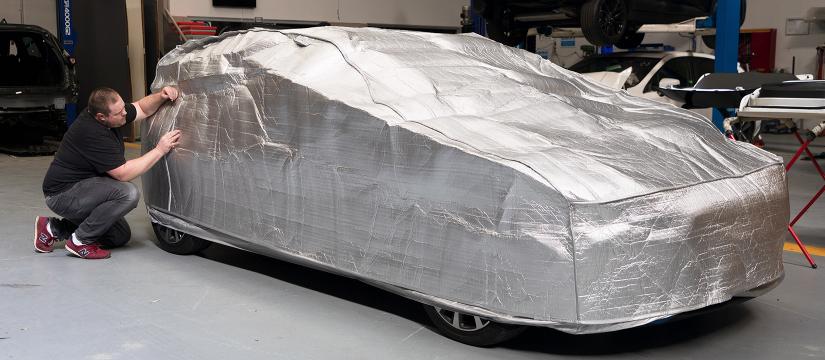This article was originally published in December 2021 and has been updated.
Share this story:
We break down what you need to know about roundabouts to help you stay safe on the road.
Roundabouts are circular intersections designed to help keep traffic flowing smoothly and safely. They can feel a little daunting to navigate for some, but once you know the rules, they’re much easier to conquer, and regardless of whether there are 3 exits or 10, some basic rules always apply. Luckily, these rules are the same whether you’re driving in Western Australia, Queensland, South Australia or New South Wales.
When you approach a roundabout, you must always slow down and prepare to give away to any vehicles already in the roundabout. Look towards your right so that you can see the flow of traffic and determine whether you need to come to a complete stop or if there’s enough of a gap to travel on through.
Some roundabouts have multiple lanes. Luckily, these are usually clearly marked with which direction you can turn from that lane. Make sure you pay attention as you approach so that you put yourself in the correct lane.
If you want to turn left (anything left of 12 o’clock) you should indicate left and approach from the left-hand lane, or from a lane which has a left arrow marked on it. Instead of saying ‘turn left’, navigation apps like Google Maps will often tell you to ‘take the first exit’.
Give way to all traffic already on the roundabout. Make sure you stay in the same lane when you enter and exit. Once you have exited the roundabout, you may need to manually turn off your indicator if it doesn’t go off by itself.
As with the left turn, to turn right, you should approach the roundabout in the right-hand lane or a lane marked with a right arrow. Start indicating right while you look for a safe gap in the traffic.
Give way to all vehicles already in the roundabout and stick to your lane. Use your left indicator just before you exit the roundabout. A good rule to follow is that you start indicating left when you’ve passed the last exit before your exit. This lets drivers know exactly where you plan on turning off.
To make a U-turn, follow the same rules as a right-hand turn (just think of it as a really big right-hand turn!)
If you’re driving straight ahead, you don’t need to indicate when approaching the roundabout. You can generally enter from either the left or right lane, unless road markings say otherwise. Where practical and safe to do so, ensure you indicate left when needed as you leave the roundabout.
Most bike lanes will end at roundabouts, meaning cyclists need to merge with traffic from the left. One little-known rule is that cyclists are allowed to turn right from the left lane at a roundabout. Cyclists much give way to vehicles leaving the roundabout. Make sure you keep an eye out for cyclists and watch for their hand signal.
Roundabouts might look confusing, but there’s really nothing to them. Remember to give way to traffic already in the roundabout, approach from the correct lane and indicate when you’re exiting. Simple as that!
All content on the NRMA Insurance Blog is intended to be general in nature and does not constitute and is not intended to be professional advice.


